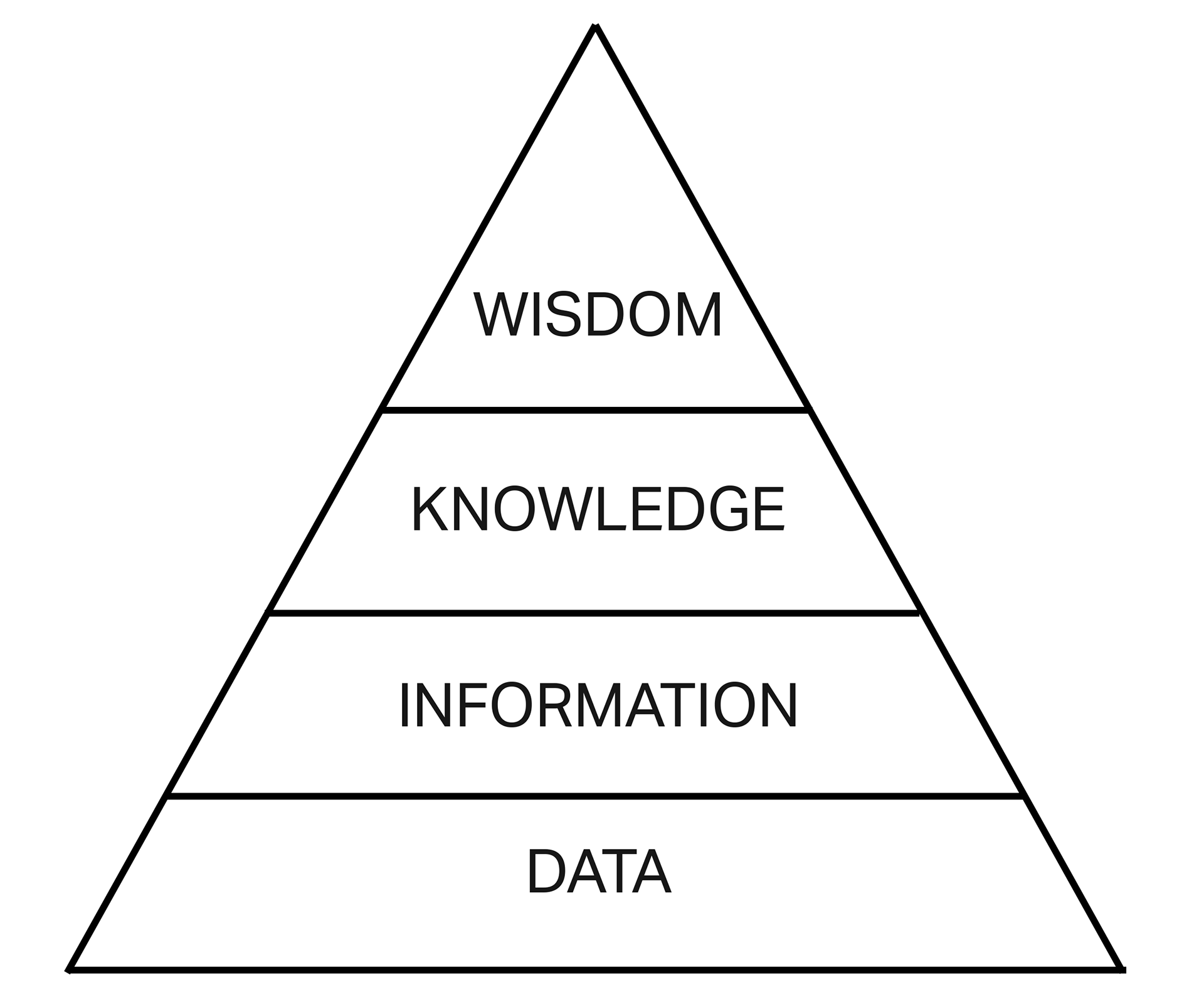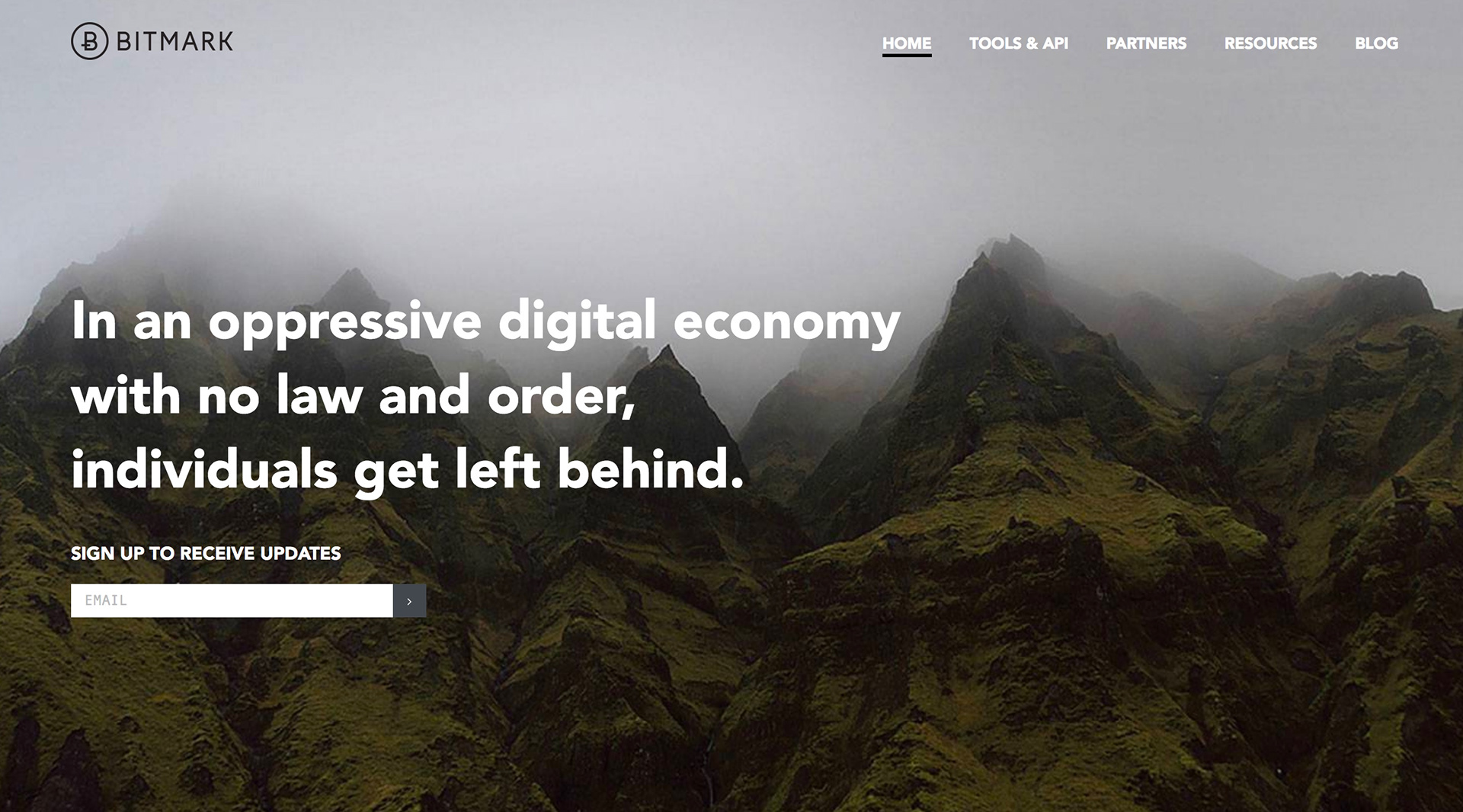The Value of Personal Data
To speak of the value of a digital data shadow is to enter into a conversation of specification, speculation, and trepidation, navigated by various understandings of a person's data as well as the multiplicity of meanings imbued by the term' value.' This fluidity of meaning is itself embedded into the experiences of personal data value formation.
1. ‘Value’ of the unknown
The establishment that one's personal data has value does not necessarily coincide with an understanding of what exactly it is. In other words, one can value one's data without understanding its extent, shape, form, or value to others. Graeber notes (2001) that issues of visibility and invisibility invariably always manifest whenever one examines the processes by which the value of objects is established. Perhaps the ambiguity of the object adds to the formation of its value, for lack of specificity imbues infinite power - something unknown could be anything and therefore do anything. Value is therefore tied not to the entity itself, but to its embodiment of individualism existing in contrast to its binary.
2. ‘Value’ a part of a whole
To understand the value and meaning of digital data shadows, one must understand its place in a larger system. This goes back to the structural linguistics of Ferdinand de Saussure (1966) who professed culture, like language is a system of signs that exists in a state of equilibrium, each element contributing to the definition of the others. Meaning, that one’s data makes sense only in contrast with other possible data within the same system. This structuralist approach emphasizes that personal data is valued for its distinction of individualism and its existence as part of a larger whole. From the perspective of data donation platforms, this holds true, as the point of difference between users’ data is what is of value to researchers.
3. ‘Value’ in the linguistic sense
From a linguistic perspective, 'data' embodies both the collective and singular in its description of the generated continuously, centrally stored evidence of our existence. Tellingly, data donor usages of the word 'data' shifted between singular and plural, signaling the word's dichotomous value. To be clear, as a collective noun, it takes the singular when treated as a unit - 'more data is…' but the plural when referring to individual items - 'huge amounts of point in time data are…' If one delves even deeper into the origin of the word, one unearths that 'data' comes from the Latin word 'datum' meaning 'to give', thereby referring to something relinquished or given. The etymology of the word is fascinating because it reinforces the very rationale of data donation, for threaded into the meaning of data is the act of giving.
The fact that data sits at the bottom of the Data Information Knowledge and Wisdom Hierarchy (DIKW) highlights that it is a core foundation of understanding. This perspective is held by digital health organizations such as Our Data Helps, who bears an attitude of digital positivism in discussions of big data, digital phenotyping, technological solutions, and statistical evidence. Not only does data donation embody optimism regarding the increasing availability of computational tools to quantitatively measure human behavior, but it emphasizes quantity - the more data, the better.
![]()
Figure 1. Data Information Knowledge and Wisdom Hierarchy, designed by Joanna Sleigh, 2017The fact that data sits at the bottom of the Data Information Knowledge and Wisdom Hierarchy (DIKW) highlights that it is a core foundation of understanding. This perspective is held by digital health organizations such as Our Data Helps, who bears an attitude of digital positivism in discussions of big data, digital phenotyping, technological solutions, and statistical evidence. Not only does data donation embody optimism regarding the increasing availability of computational tools to quantitatively measure human behavior, but it emphasizes quantity - the more data, the better.

4. ‘Value’ in the economic sense
From an economic perspective, value is underlined by desire and exchange. This is as objects are measured by how much others are willing to give up to obtain them. Value can thus pertain to "any thing intended for exchange" and allows the term 'commodity' to refer to any object of ascribed value (Appadurai, 1988: 9). When digital data shadows are reduced to the concept of a commodity, their exchange and value can apply to a Marxist capitalistic model. This is exemplified by the emergence of data markets such as Bitmark, Citizenme, Datacoup, Digi.me, to name a few. Graeber (2001) expands on this and essentialises economics to be about predicting individual behavior, or rather the motivations of individuals. Data shadows, which are collections of personal data, offer massive value in this respect. With the power of analytics through machine learning algorithms there is potential for patterns of human behavior to be identified and predictive models to be built (Petland, 2012). As the saying goes, 'Data is the new oil.'
All digital data donors I talked with perceived with ease the economic value of personal data, particularly for marketing and digital advertising. Some even went so far as to say there is a 'price to pay' for online tools and services. This evinces that capitalism is not merely alive in the collective imaginary, but that the capitalist imaginary is one of the dominant social imaginaries. Despite this, there was also a general sense of disappointment with the economisation of personal data. Digital data donors spoke with hope of alternatives whilst reflecting on the growing grips of capitalist. Yet they spoke as if the very voicing of the idea of changing the economic world was idealistic and idiosyncratic. One can attribute this to the robustness of the capitalist imaginary, strong due to its extension rendering even the search of alternative systems unrealistic (Straume, 2001). The overall success of capitalism is also rooted in its significations of 'freedom' and 'independence.' Intriguingly, data donors characterized it more according to 'expansion' and 'control.'
5. ‘Value’ in the sociological sense
5. ‘Value’ in the sociological sense
Value is also the conception of what is right, proper, or desirable inhumane life (Graeber, 2001). From this sociological perspective, value is a social construct, defined and dependent on the community in question, with different communities having different values. Consequently, a colorful plethora of values were reflected in the data donor communities I engaged with. For the Type 1 Diabetes community using Tidepool, the value of personal data lies within its ability to enhance diabetes management and therefore improve individual health. For the Waoo donors, the value of data is its charitable worth. For the Our Data Helps community, personal data takes on a twofold valorization. Firstly, personal information is valued for its ability to contribute to research into mental health and suicide. This is underscored by the hope that through new insight into human behavior, the question of why suicide happens can be answered, along with the prospective development of effective suicide prevention tools. Secondly, the very experience of data donation is valued by the suicide survivor community for its healing efficacy and documentation of their distinct bereavement.

6. Altruistic ‘Value’
The drive of all participants in this study was to purely help others. Underscoring this altruistic motivation was however, a familiarity with the Suicide Prevention Social Media (SPSM) community supporting the platform and/or a strong affinity with the cause. That being said, I still question whether the donation of personal data perfectly aligns with the concept that gifting acts as a way of creating social relations in general. Not only is the digital data donor anonymized, but the very form of the gift is itself esoteric and the ultimate receiver of the gift is undetermined. The only element of the exchange is really the altruistic intention and general optimism for the future.